Iraqi refugees without protection and no home to return to

The Iraqi authorities have ordered the blockade of multiple refugee camps, which served as a refuge for Iraqis forced to move from their homes after the rapid expansion of Daesh in 2014. Along these lines, more than 6 million Iraqis were displaced, forced to flee jihadist terrorism. Since then, 4.8 million have returned home, but more than 1.2 million people remain internally displaced.
Of the total number of IDPs, an estimated 250,000 were living in camps where they have been able to meet their most basic needs, from some form of shelter to health care and schooling.
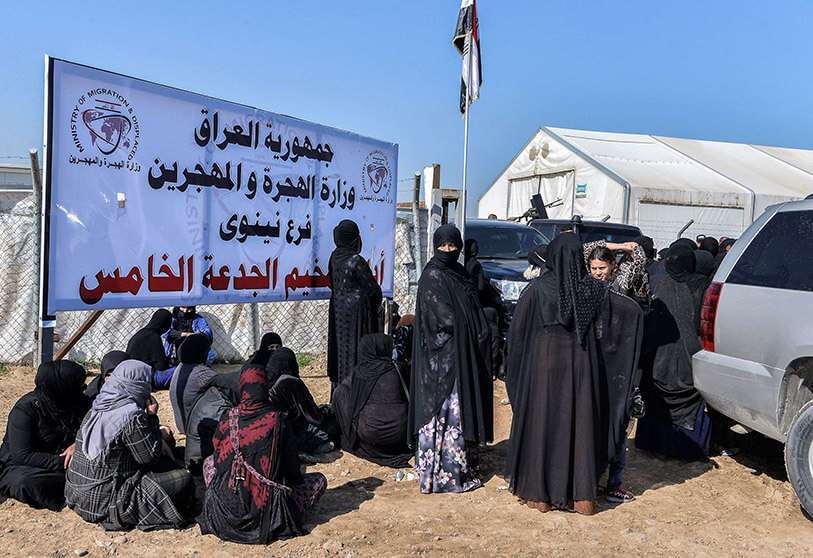
The plan adopted by the Ministry of Migration and Displacement has stipulated the progressive closure of all camps in the governorates over the course of 2021, followed by the closure of the 26 camps built in the Iraqi Kurdistan Region. In this regard, camps in Baghdad, Kerbala, Divala, Suleimaniya, Anbar, Kirkuk and Nineveh outside Baghdad have already been closed.
According to UNHCR, the blockade of these camps has forced more than 100,000 refugees to return to their former homes, now reduced to rubble after the destruction wrought by Daesh. In this regard, the Norwegian Refugee Council has expressed "extreme concern" about the closure of these camps, which, according to the organisation, leave little time for the inhabitants to prepare themselves, forcing them to leave the camps and live without any kind of shelter.
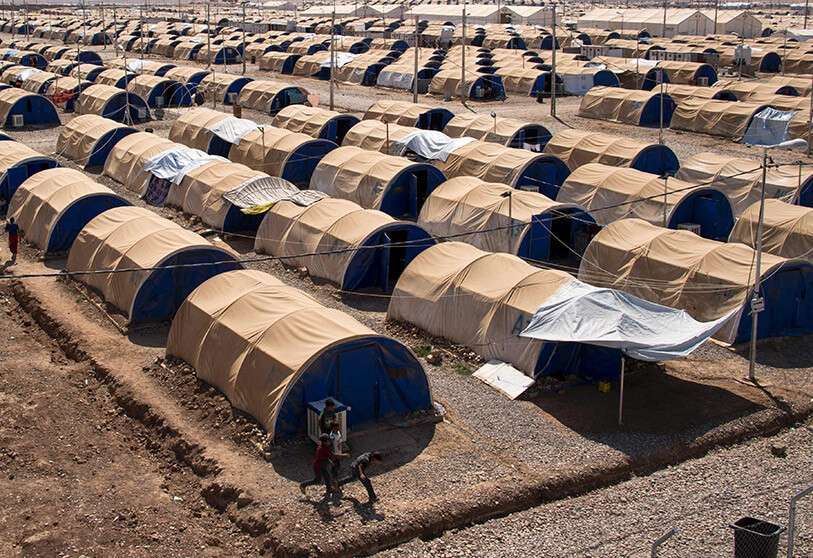
The main challenge that Iraqi refugees have had to face has to do with their own sustenance. UNHCR reports that without agricultural materials and equipment they are unable to cultivate the land and have no alternative sources of income. In addition, the lack of employment and opportunities hampers the situation of families who used to live in the camps and aggravates the conditions for them to rebuild a life.
In addition, there is no plan for reintegration and reconstruction of the area, leaving these displaced people with no tangible solutions in the short or medium term. The Iraqi Human Rights Commission has stated that "the forced return of displaced persons puts the lives of thousands of people at risk".
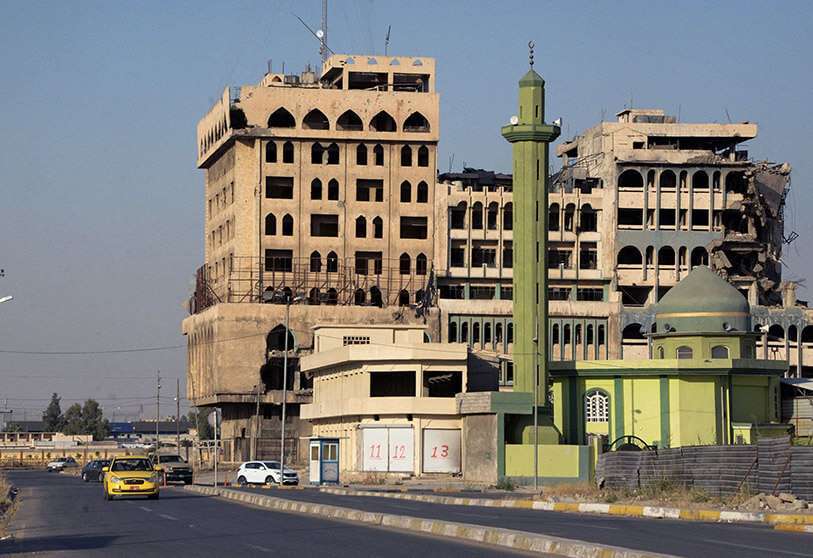
In addition, the International Organisation for Migration (IOM) has stated that almost half of those affected have ended up living on the outskirts of urban areas in precarious conditions, without basic necessities and without government assistance.
A refugee woman in one of the established camps, Abu Walid, told the Arab media outlet Al-Arab that "the services provided in the village are very modest, especially the treatment", noting that "the government did not offer us any help".
In the same vein, Iraqi immigration ministry spokesman Ali Jahangir stressed that most Iraqi cities are lacking basic services, which is "a general problem" and is not limited to "areas that witnessed displacement".
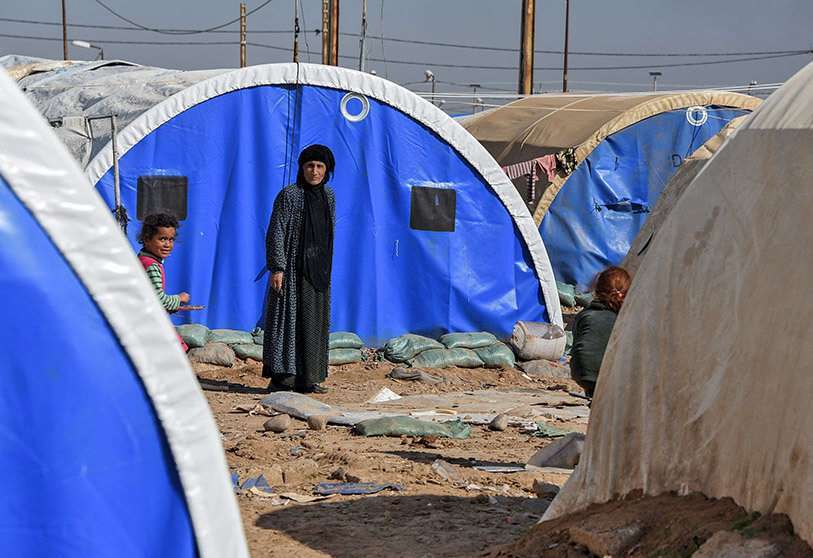
The official proclamation of Iraq's victory over Daesh in November 2017 opened a new phase in the country that has not been without crises. In the economic sector, Iraq's heavy dependence on oil and the consequent economic slowdown that crude oil has suffered after being depreciated by the COVID pandemic has hit the already poorly diversified Iraqi economy.
On the other hand, the social deterioration resulting from the economic and social crisis has worsened living conditions in a country where the political class, marked by the corruption and sectarianism of the Iraqi elite, has been unable to solve the problems that have plagued the population for decades.
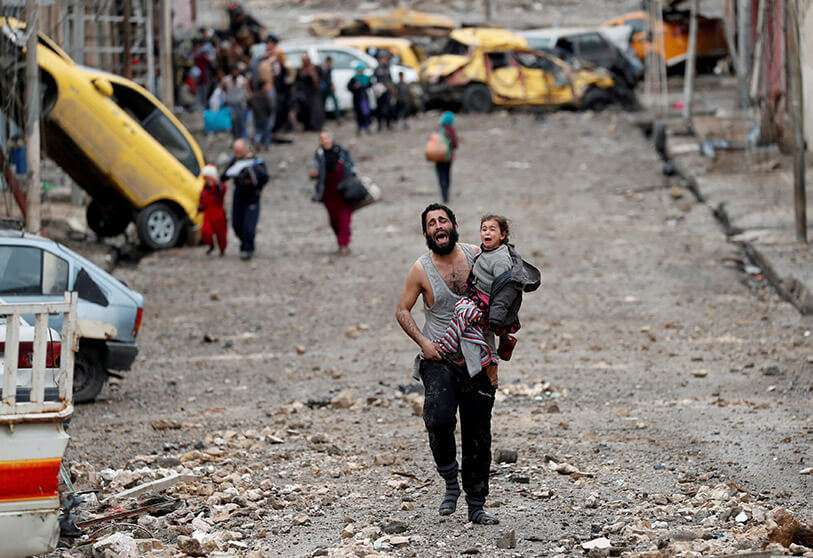
Moreover, despite the defeat of Daesh, the terrorist organisation has evolved into a structure that has taken on different faces, making it difficult to detect potential terrorist threats. Daesh has managed to restore some of its operational capacity in rural areas of the country and has gradually gained ground until it has come dangerously close to more urban areas.
Likewise, the White House's announcement of the withdrawal of US troops from Iraqi soil augurs a new future in which, if Prime Minister Mustafa al-Kazemi fails to provide and implement solutions to the multiple fronts facing the country, Iraq will once again be caught in a spiral of crisis and ruin, an ideal context for Daesh to redeploy from a different, but no less effective, perspective.









